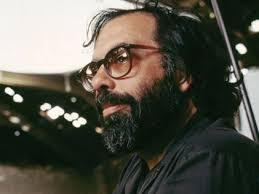The Lasting Legacy of Francis Ford Coppola

Introduction
Francis Ford Coppola, renowned as one of the greatest filmmakers in cinema history, has profoundly influenced the industry with his innovative storytelling and direction. From ‘The Godfather’ trilogy to ‘Apocalypse Now,’ Coppola’s works have set a standard for artistic filmmaking. As the film world navigates technological advances and new narratives, Coppola’s contributions remain as relevant as ever, warranting a closer look at his ongoing projects and enduring legacy.
Significant Achievements
Born on April 7, 1939, in Detroit, Michigan, Coppola’s career took off in the late 1960s and 1970s. His film ‘The Godfather’ (1972) redefined the gangster genre, followed by the critically acclaimed sequel, ‘The Godfather Part II’ (1974), which won six Academy Awards and firmly established his reputation as a master director. Coppola’s unique storytelling was further showcased in the Vietnam War epic ‘Apocalypse Now’ (1979), which has since become a cultural touchstone.
Recent Developments
Despite the changing landscape of the film industry, Coppola has continued to be active in both filmmaking and entrepreneurship. In 2023, he announced plans to revitalise his 1992 film ‘Bram Stoker’s Dracula’ into a new project, demonstrating his willingness to explore the depths of horror while paying homage to classic literature. Additionally, Coppola’s winery, Francis Ford Coppola Winery, continues to thrive, melding his passions for film and viticulture.
Conclusion
As the film industry evolves, the influence of pioneers like Francis Ford Coppola remains palpable. His ability to blend art and commerce, coupled with innovative storytelling techniques, sets a benchmark for aspiring filmmakers. With ongoing projects and engagements, Coppola’s legacy is not only preserved but continues to inspire future generations in the world of cinema. As audiences eagerly await his next venture, one thing is certain—Francis Ford Coppola’s imprint on film will endure as a hallmark of cinematic brilliance.









